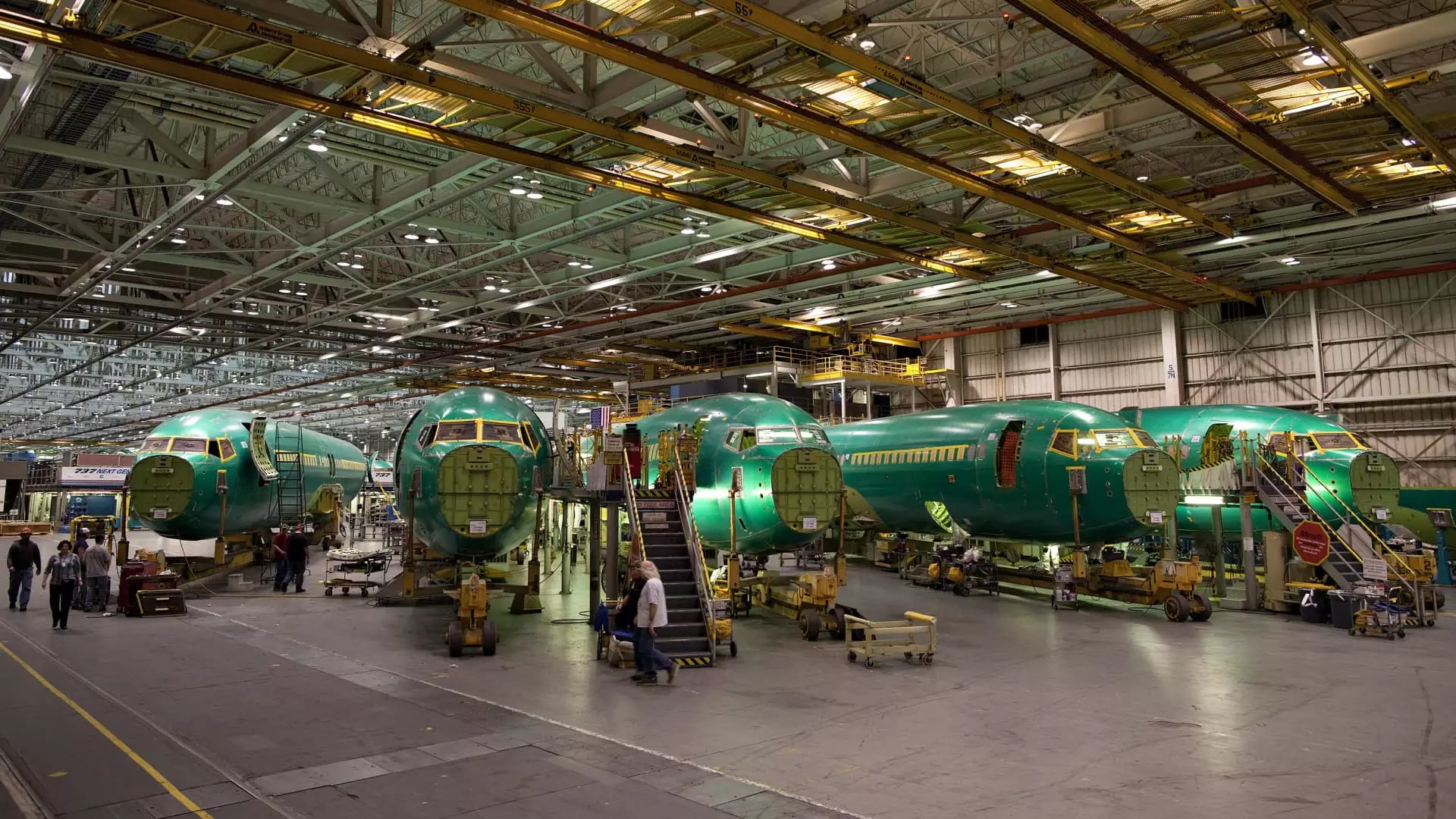Boeing’s recent announcement of the acquisition of Spirit AeroSystems in an all-stock deal worth $8.3 billion has stirred the aviation industry. The deal, aimed at improving safety and quality control, comes in the wake of a series of production issues that have plagued Boeing in recent years. Spirit AeroSystems, based in Wichita, Kansas, is a crucial supplier of fuselages for Boeing’s aircraft, including the troubled 737 Max.
Boeing’s CEO, Dave Calhoun, has emphasized that bringing Spirit in-house will lead to the “full alignment” of the companies’ production systems and workforces. This move is seen as a significant step towards strengthening quality standards in Boeing’s manufacturing processes. By ensuring a seamless integration of Spirit’s operations, Boeing aims to mitigate the production problems that have affected the quality and safety of its aircraft.
The acquisition is a strategic financial decision for Boeing, as it will provide the company with more control over its supply chain and production processes. The agreement also reflects Boeing’s commitment to enhancing its relationship with key suppliers and bolstering its position in the aerospace market. However, the financial impact of the deal remains uncertain, especially considering the challenges faced by both Boeing and Spirit in recent years.
Boeing expects the deal to close by mid-2025, subject to approval by regulators, Spirit shareholders, and the sale of Spirit’s operations dedicated to Airbus planes. The acquisition could potentially lead to leadership changes within both companies, with Spirit’s CEO, Pat Shanahan, being considered as a possible replacement for Calhoun. It remains to be seen how stakeholders, including employees, customers, and investors, will respond to the acquisition and its implications for the future of both companies.
Boeing’s efforts to enhance quality control by accepting only defect-free fuselages from suppliers highlight the company’s commitment to improving its safety record. The Federal Aviation Administration’s scrutiny of Boeing’s production lines underscores the importance of maintaining rigorous quality standards in the aerospace industry. Boeing’s willingness to address production issues and regulatory concerns is critical to rebuilding trust with regulators, customers, and the public.
The acquisition of Spirit AeroSystems is expected to have a significant impact on Boeing’s financial performance and market position in the coming years. The aviation industry will closely monitor the integration of Spirit’s operations into Boeing’s manufacturing processes and the ensuing improvements in quality control. As Boeing navigates the challenges posed by the acquisition, it must remain focused on enhancing safety, quality, and efficiency to regain the trust of stakeholders and ensure its long-term viability in a highly competitive market.
Boeing’s acquisition of Spirit AeroSystems represents a pivotal moment in the company’s efforts to address quality control issues and strengthen its position in the aerospace industry. The success of this strategic move will depend on Boeing’s ability to effectively integrate Spirit’s operations, enhance safety measures, and rebuild trust with regulators and customers. As the aviation sector continues to evolve, Boeing’s commitment to excellence and innovation will be critical to its long-term success.

